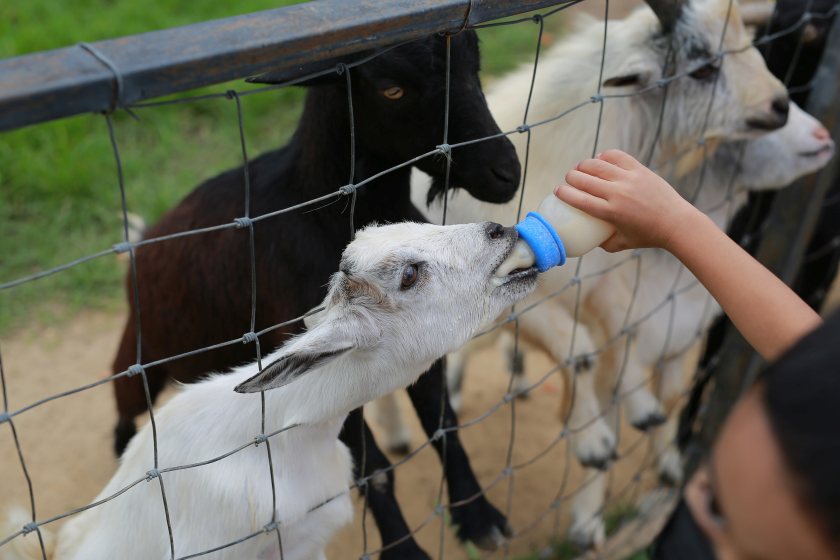
A farm on the Isle of Wight has been fined after a serious disease outbreak left 264 visitors ill, with adults and children reporting what some described as “the worst diarrhoea and vomiting they had ever had.”
Sharon Wheeler, 60, who ran bottle-feeding sessions at Hazelgrove Farm in Ryde, admitted breaching health and safety law after more than 30% of attendees contracted cryptosporidiosis — a highly infectious illness caused by the parasite Cryptosporidium. More than half of those affected were children.
The outbreak followed reports of gastrointestinal illness among visitors who had paid to feed lambs and goat kids during April and May 2023.
A joint investigation by the Health and Safety Executive (HSE) and the UK Health Security Agency traced the infections to the activity, during which around 2,400 tickets were sold between 4 April and 1 May.
Investigators identified multiple failings, including a lack of proper risk assessment, inadequate handwashing facilities — with reusable cloth towels still in use — and poor supervision.
"Visitors were not given clear information about zoonotic risk, and children were seen kissing goats and lambs “visibly contaminated with faecal matter.”
A total of 264 people reported symptoms, with around 5% requiring overnight hospital care. More than 1,250 school and work days were lost due to illness or caring responsibilities, and some visitors continue to suffer ongoing gastrointestinal problems well into 2024.
District Judge Galloway, summarising victims’ statements, said “there is no doubt that the events to which they refer are and were serious,” noting the “psychological toll experienced, and PTSD”, the “life-threatening” nature of the illness, and the fear among parents that children “would not recover.”
Wheeler pleaded guilty to an offence under Section 3(2) of the Health and Safety at Work etc. Act 1974. She was fined £8,000 and ordered to pay £9,528.35 in costs at Southampton Magistrates’ Court on 11 November 2025.
HSE inspector Francesca Arnold said farmers must understand and manage the health risks associated with animal contact. “If the zoonotic risks had been properly controlled this incident could have been avoided,” she said. “Safe practices can significantly reduce risk while still allowing enjoyable and educational experiences.”
Zoonotic diseases — infections that pass from animals to humans — can be particularly serious for young children and people with weakened immune systems.
Cryptosporidium spreads easily through small traces of contaminated faeces or saliva on hands, surfaces or animals, making effective hygiene and supervision essential.
Guidance on managing risks at farm attractions is available through the Access to Farms website, including the Industry Code of Practice Preventing or Controlling Ill Health from Animal Contact at Visitor Attractions. HSE helped develop the code, which sets out practical steps and a checklist for farm operators.
The prosecution was brought by HSE enforcement lawyers Robert James and Kate Harney, supported by paralegal officer Stephen Grabe.
